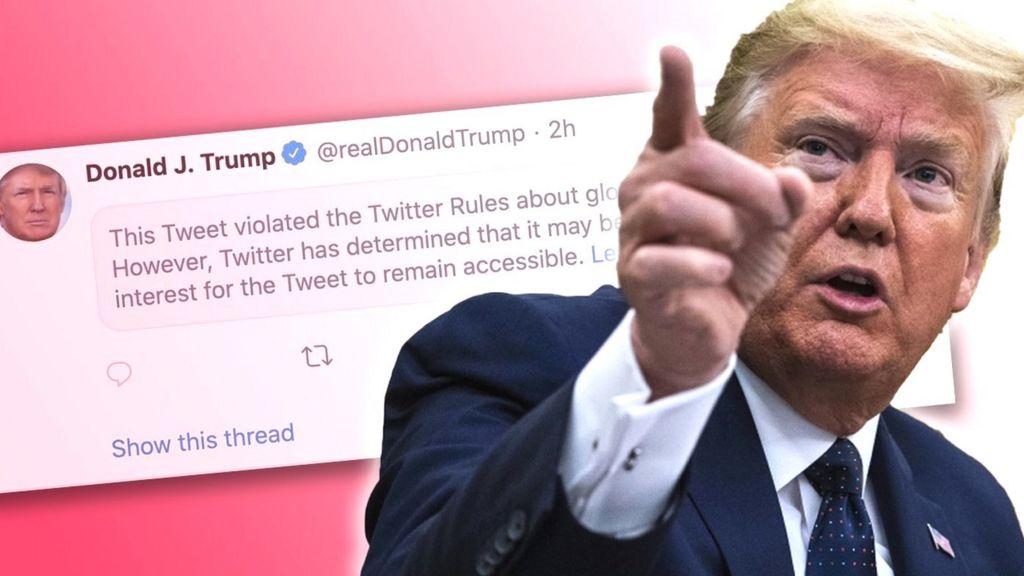Is Tesla a Bubble Stock?
(South Korea) on 13 December 2020
by Kim Soo-heon (link to original)
At the dawn of the 21st century, the world is looking at leading electric vehicle manufacturer Tesla and its CEO, Elon Musk, in expectation of new innovations to change the world once again. Expectations of Tesla becoming “the second Apple” have led to explosive interest in Tesla’s stocks among stock investors. Tesla stock has become the most popular stock among young investors, leaving Apple behind. For the past six months, Tesla stock has been the No. 1 foreign stock — by an overwhelming margin — bought by Korean investors in terms of stock volume.
Tesla’s stock price has risen sevenfold, surpassing $600 at the beginning of this year. Last July, Tesla’s market capitalization exceeded that of top global automobile manufacturer Toyota. Currently, Tesla is ranked at No. 6 following Apple, Microsoft, Amazon, Google and Facebook. It seems that continued good news, such as the third quarter net profit ending its long history of deficit traced back to its inception and its acceptance into S&P 500, have led the rise of its stock price — but even that can’t fully explain it. Tesla’s market capitalization, at its current stock price of over $600, far exceeds 1,000 times its yearly net profit. It is incomprehensibly expensive if measured with traditional stock valuation standards.
Then why are investors crazy for Tesla? The belief that Tesla will evolve from an elective vehicle manufacturer to a data-based mobility platform provider making a new proprietary market (which traditional automobile makers cannot keep up with) and a strong fandom for Musk, who fans expect to realize that belief, are believed to be the reason for the frenzy. Watching a future growth story become reality, not-risk-averse young investors have taken part in long term investment in Tesla.
The argument that Tesla is not an electric vehicle manufacturer, but a software company that manufactures computers on wheels with its own operating system, has become ever more persuasive. It is believed Tesla will be able to create a new mobile ecosystem and profit model by expanding its business into autonomous driving, unmanned taxis, infotainment, insurance and building a new communication industry based on its software. Tesla’s autonomous driving technology, already believed to be the best in the industry, has been progressing through “deep learning” with moving data from its electric vehicles sold worldwide. Tesla’s mobile platform is expected to be completed much more quickly if Tesla ownership becomes more widely popularized with the mass production of the new low-budget $25,000 model that Musk announced at Battery Day last September.
Wall Street’s view of Tesla as a representative "bubble stock" while treating Musk as a dreamer or even a con man is also changing. Goldman Sachs, which recently raised the target stock price of Tesla to $780 from $455, is a prime example. But JP Morgan still believes Tesla’s stock price is a bubble resulting from “excessive speculative aspirations,” setting its target stock price of Tesla at $90 — believed to be almost a ridicule of Tesla’s current stock price of over $600. Is JP Morgan’s analysis an accurate prediction based on the cold real-world market, or is it the foolhardy hubris of an analyst ignoring Tesla’s potential? The answer will depend on the success of the growth scenario its investors believe in. Will the next 20 years of the 21st century be the era of Tesla?

